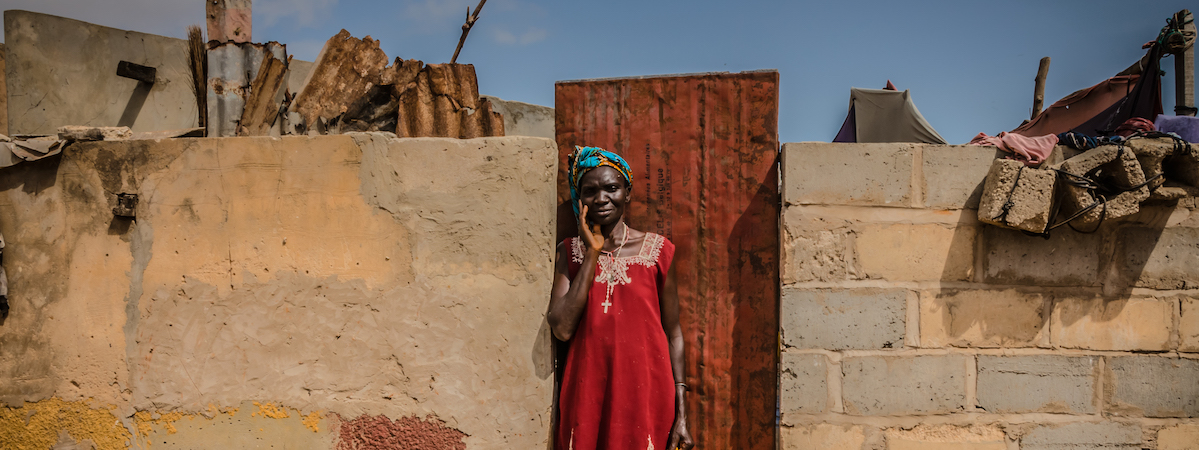
Photo:
The Government of Senegal is addressing climate change impacts on key economic sectors, including agriculture, fisheries, health, water resources, and coastal zones, through National Adaptation Plans (NAPs) supported by GIZ, USAID, and GEF-LDCF. These initiatives focus on sector-specific plans, contributing to the overall NAP process. However, gaps remain in sectors like biodiversity, livestock, and tourism, and more efforts are needed to engage vulnerable communities and sub-national levels in adaptation planning. The project aims to integrate climate change adaptation into national, sectoral, and sub-national development planning by overcoming barriers such as limited capacity at the National Climate Change Committee, lack of sub-national involvement, insufficient knowledge, and weak integration of local data in monitoring systems.
The project was approved on 20 January 2024.
- District
- National
- Local Governments
- National Governments
- Senegal's Ministry of Environment and Sustainable Development (MEDD)
Climate change is impacting several critical sectors in Senegal, including agriculture, fisheries, health, coastal zones, water resources, biodiversity, livestock, and disaster risk reduction (DRR). The country’s Nationally Determined Contributions (NDC) prioritize addressing these vulnerabilities. To improve the country's adaptation capacity, Senegal is implementing National Adaptation Plan (NAP) initiatives supported by GIZ, USAID, and GEF-LDCF. These initiatives are focused on creating sector-specific plans for sectors like fisheries, agriculture, coastal zones, health, and infrastructure, with the aim of mainstreaming adaptation into national and sectoral development planning.
Although progress is being made, some sectors remain underrepresented, such as biodiversity, livestock, and tourism, which include coastal zones and water resources. To ensure a comprehensive and inclusive NAP process, more efforts are required to engage vulnerable communities and ensure that their priorities are integrated into national and sectoral planning. The project aims to fill these gaps by enhancing participation at both the national and sub-national levels, allowing for a more thorough and inclusive adaptation planning process.
The main goal of the project is to embed climate change adaptation into national, sectoral, and sub-national development planning. Achieving this requires overcoming several barriers, such as the limited capacity of the National Climate Change Committee to coordinate effectively between national and sub-national levels. Additionally, there is insufficient involvement of sub-national entities in decision-making, a lack of adequate knowledge for mainstreaming climate change adaptation (CCA), and poor integration of local data into the monitoring and evaluation (M&E) system. These barriers need to be addressed to ensure that climate change adaptation is fully integrated into Senegal's development processes.
To overcome these challenges, the project will focus on improving coordination and capacity at both the national and sub-national levels, consolidating past and ongoing adaptation efforts, and filling gaps in sectors that were previously overlooked. This will include developing sectoral NAPs for underrepresented sectors, enhancing sub-national coordination, and creating an integrated national adaptation plan. Additionally, the project will include on-the-job training and capacity-building activities for national institutions and stakeholders to ensure long-term country ownership and sustainability of adaptation efforts. The project’s timely implementation is crucial, as it builds on ongoing initiatives from GIZ, LDCF, FAO/Quebec, and USAID to support Senegal's adaptation planning.
Outcome 3.1 Adaptation planning, governance and institutional coordination strengthened
Outcome 3.2 Evidence produced to design adaptation solutions for maximum impact
Outcome 3.4 Adaptation finance increased
